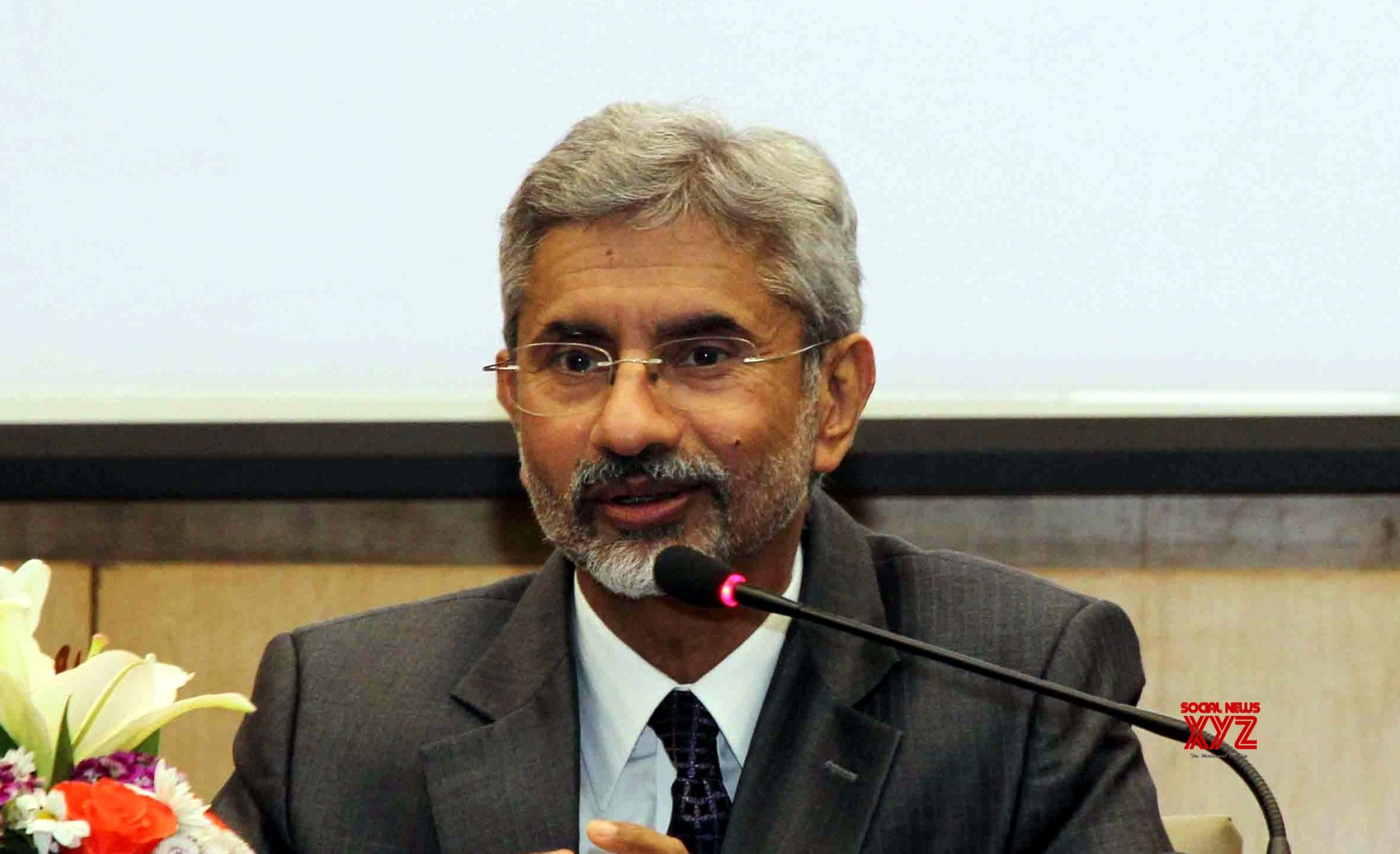 NEW DELHI: In yet another initiative to boost business amid an economic slowdown, the Modi government and Federation of Indian Chambers of Commerce and Industry (FICCI) together on Thursday launched India-Central Asia Business Council.
NEW DELHI: In yet another initiative to boost business amid an economic slowdown, the Modi government and Federation of Indian Chambers of Commerce and Industry (FICCI) together on Thursday launched India-Central Asia Business Council.
The nominated chambers from India, Kazakhstan, the Kyrgyz Republic, Tajikistan, Turkmenistan and Uzbekistan came together to formally declare their association to collaborate and provide an industry view to the governments of the six countries.
The Council will also share its recommendations on how to promote business in the region and with each other.
External Affairs minister S. Jaishankar who was present at the launch called it a “significant step” especially in view of the fact that “despite excellent bilateral relations, it is a matter of concern that India’s combined annual trade with the five Central Asian countries remains well below two billion US dollars.”
He recommended the Council to examine the viability of establishing air corridors between and Central Asia to boost trade in perishable goods, agricultural and food products.
Recalling that India shares both geography and civilizational relationship with the region, the minister said the government hoped the Council will help promote investment and opportunities which have remained untapped. The Council, he revealed, has prioritized discussions on energy, pharmaceuticals, automotive, agro-processing, education and urban infrastructure and transport, civil aviation, IT and tourism.
Though energy sector is a top priority but the lack of land route connectivity between India and Central Asia due to hostile relationship with Pakistan and instability in Afghanistan, remains a major hurdle. It has delayed the much-awaited Turkmenistan-Afghanistan-Pakistan-India (TAPI) gas pipeline.
Jaishankar acknowledged that there is a challenge of lack of efficient overland connectivity, which he said, will be overcome through the Chabahar port in Iran. It will be the “fulcrum of connectivity for Indian goods to reach Afghanistan and further north and for the landlocked Central Asia to find access to the ocean,” he said.
In the Union Budget, the government has allocated Rs 100 crore for the port this year. India will also continue working on International North South Transport Corridor (NSTC) and the Ashgabat Agreement, he said. IANS






